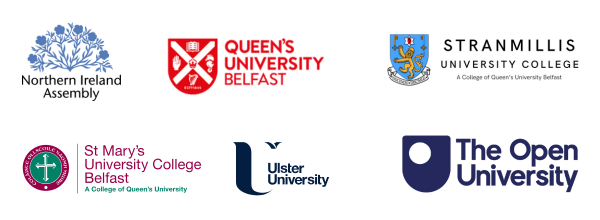Prof Keith Attenborough (OU) –
This presentation explains how acoustics can provide motivation for studies in STEM subjects and beyond. Studies of hearing difficulties, home listening systems and subjective response to noise, involve psychology and sociology. Medical applications include ultrasonic scanning and surgery with high intensity focussed ultrasound. But acoustics rarely features in school teaching or in university physics and engineering curricula. Sound can be used to exemplify aspects of waves in the GCSE physics syllabus and noise can be part of environmental studies. Acoustically-related research topics include outdoor sound prediction, soil science, early diagnosis of osteoporosis and musical instrument technology. These topics and other example applications offer ways of motivating acoustically-related teaching and learning in school and university STEM curricula. Simple classroom demonstrations range from shouting competitions to tin-can-loudspeakers. Few Music degree courses include acoustics. But musical acoustics and musical instrument technology bridge the arts-science divide. Many school leavers are attracted to Music Technology degree courses but find any acoustics content interesting and, after graduating, realise that there are more job opportunities in building acoustics and noise consultancy. This presentation highlights “conversion” options for graduates, including MSc courses in Applied Acoustics and the Institute of Acoustics Diploma in Acoustics and Noise Control, and argues careers advisors should be made aware of these courses and the associated job opportunities.
This seminar took place on 28 February 2018
Download:
Policy Briefing
Presentation



